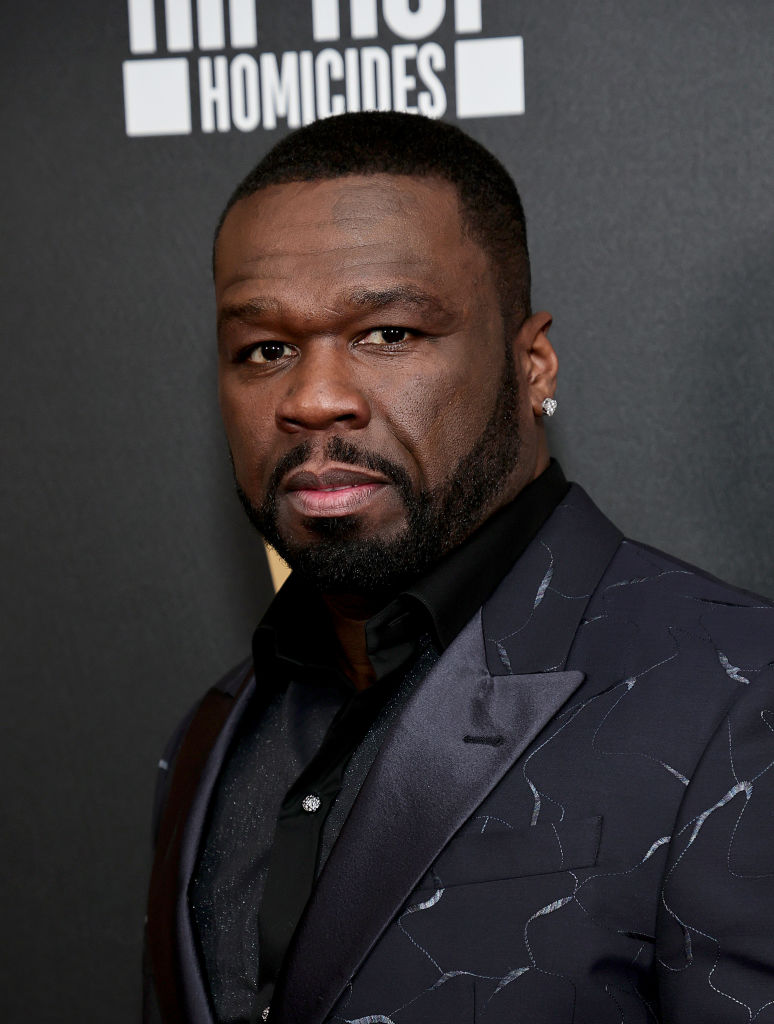The speaker is worried that their weight will affect their ability to be a good parent.
I have a fear of my daughter being overweight, which I am not proud of.

Being a fat person, I have always known that I would be treated differently because of my size. This became especially apparent the morning after my daughter was born when I overheard a nurse discussing my weight with another colleague. Her loud voice boomed through the recovery ward as she mentioned my BMI and how it may require a bariatric bed for me. There was a brief pause, perhaps in an attempt to be discreet, but then she continued to repeat the point multiple times, always including the exact number of kilograms. I could hear the disdain in her voice as she commented, "I bet she has gestational diabetes," only to then be surprised when she found out that I did not.
While I cannot say for sure that she was talking about me, the fact that my BMI is high and I did not have gestational diabetes made me feel embarrassed and dehumanized. In that moment, I felt overwhelmed with shame and disconnected from my body. This was just one incident that added to the disconnection I had already been experiencing during my pregnancy and even now, 18 months later, it still weighs heavily on my mind.
Growing up, I was always anxious about my body. I was larger than my peers and felt self-conscious about my curves, especially in a society that glorified being skinny. I did everything I could to try and shrink myself, even developing an eating disorder which caused my weight to fluctuate drastically over the years. Now, as a UK size-20, I am considered a "small fat" in the body acceptance community, meaning that I experience relatively low levels of discrimination compared to those who are larger than me. However, I am also aware of the added discrimination that fat women of color face, which can even have dangerous consequences in healthcare.
Being fat also has implications when it comes to fertility and pregnancy. Many fat women are denied IVF treatment due to their high BMI, and I feared that my past struggles with disordered eating may have made it impossible for me to conceive. It did take a while, but I was able to conceive naturally. However, my BMI still loomed over my pregnancy as I was constantly reminded of it through extra tests and recommendations for certain precautions, despite my other vital statistics being excellent.
At my 12-week scan, I found myself crying in the hospital bathroom after being approached by a graduate student who was studying obesity. In a room full of pregnant women who were not fat, she approached me and asked, "You understand why I'm asking you, right?" Her tone was condescending and it was clear that she was judging me based on my weight. This only added to my fears of being judged as a bad mother because of my size.
Pregnancy and early motherhood are already tough, with mothers being judged for so many things. But for fat mothers, there is an added layer of judgment and preconceived notions about our bodies. Even the simple act of feeding our children can be met with scrutiny, as society already views us as lazy and unhealthy. I am constantly aware of the judgment that may come from someone seeing the contents of my shopping basket.
I must admit, there is a small part of me that is afraid of my daughter being fat. Not because I think it would make her any less beautiful or brilliant, but because I fear that her fatness would be seen as a reflection of my own "failings" as a mother. I am afraid of being judged as a bad mother because of my weight, and the thought of my daughter being taken away from me because of it is terrifying.
But I know that my daughter is not responsible for any of this. It is society's anti-fat bias that needs to change. Fat mothers, like all mothers, deserve support and respect, not judgment. We should be treated with dignity and compassion, not made to feel ashamed of our bodies. As the author and activist Aubrey Gordon says, we should treat fat people, including fat mothers, like people. It's not too much to ask.
Do you have a similar story to share? I would love to hear from you. Please email me at jess.email. And don't forget to share your thoughts in the comments below.
On a related note, I was disheartened to hear about the recent incident involving Lorraine Kelly and her comments that were deemed as body-shaming towards a contestant on "I'm A Celebrity." It's important to remember that words can have a powerful impact, and we should all think before we speak. Let's spread kindness and acceptance, rather than judgment and hate.
Lastly, I want to mention the added struggles that fat women of color face, as they not only have to deal with anti-fat bias but also racism in society, which can have deadly consequences in healthcare. It's important for us to acknowledge and address these intersecting issues.
In conclusion, I want to remind everyone that fat mothers, like all mothers, deserve to be treated with respect and compassion. Let's break the stigma and stereotypes surrounding fatness and support each other as human beings.






